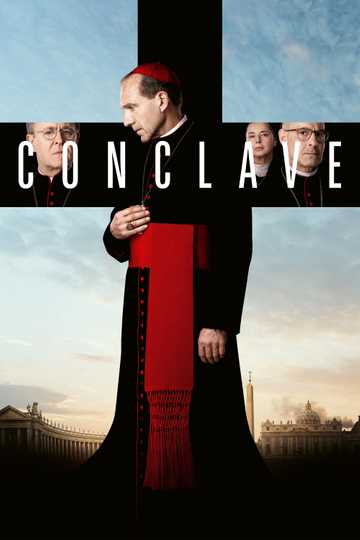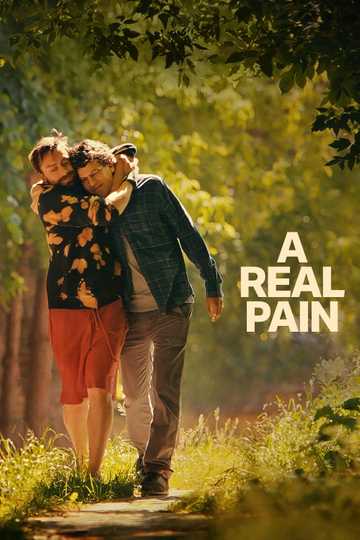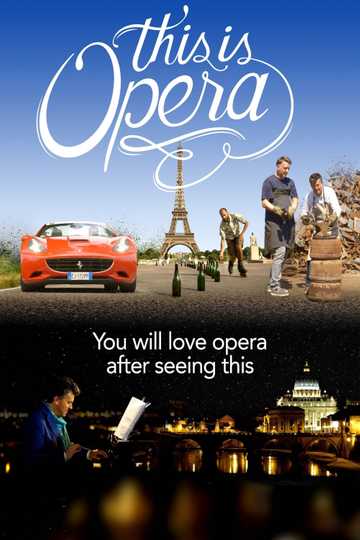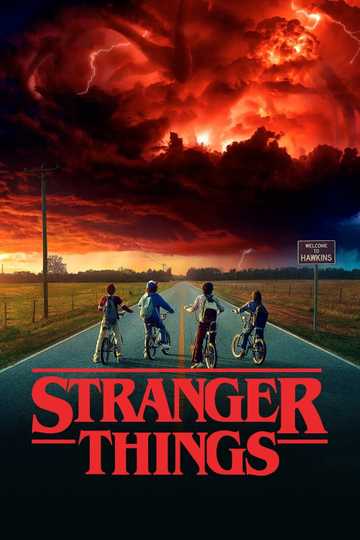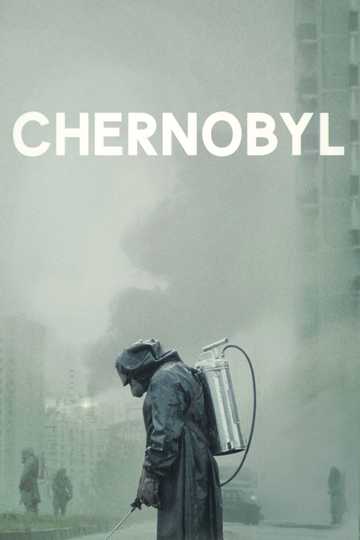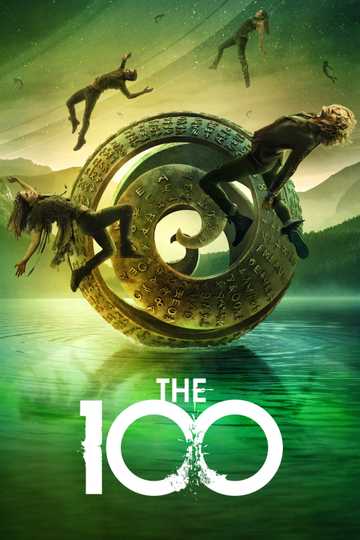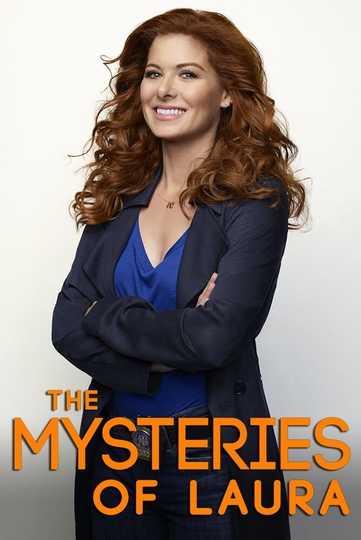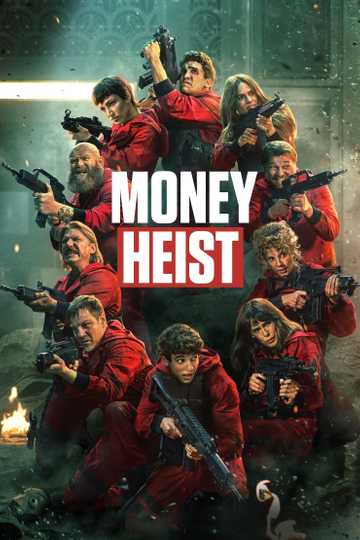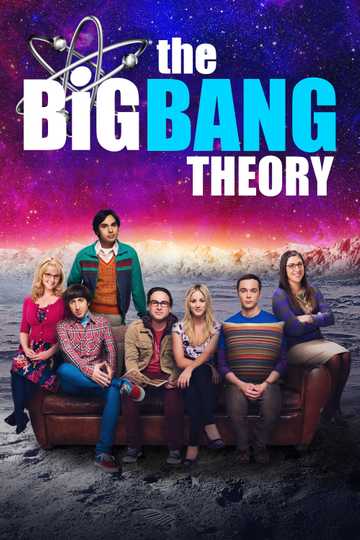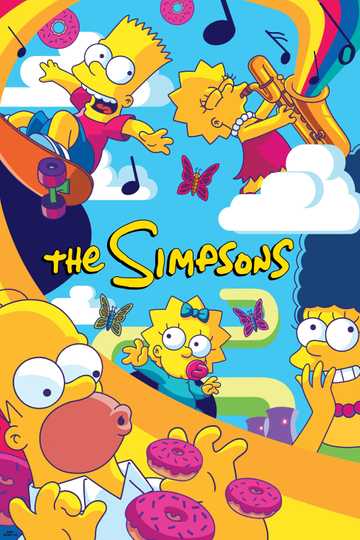Season 2 Episodes
1. Pagliacci
"Theatre is life" is the verism motto behind this beautiful opera. Gener explores Pagliacci in which fiction and reality intermingle and where nothing is as it might appear.
2. Eugene Onegin
Tchaikovsky and Pushkin- the greatest examples of Russian Romanticism-speak to us about impossible romances, homosexuality, dandies, love letters and duels of honor. Gener goes to the Liceu Conservatory to collaborate with some aspiring musicians.
3. Fidelio
Gener discusses Beethoven and the composer's main drives in life- love, injustice, and freedom.
4. Handel
In London Gener reveals how Handel managed something which nobody had ever managed before: to make England love opera. This is an episode about a very competitive man who achieved everything he aimed for and converted opera into something which could be enjoyed by everyone in London.
5. Così fan tutte
Così fan tutte by Wolfgang Amadeus Mozart is one of the leading examples of musical classicism, and its main topic, narrated as a comedy, is infidelity.
6. Salome
Based on the timeless play by Oscar Wilde, Richard Strauss wrote a troubling, uneasy score which portrays very clearly man's basic instincts. It is a story about obsession, about curiosity and about our desire for the prohibited. And the score expresses these topics perfectly: music which arouses strong emotions. Gener walks the viewer through how Salome makes one face his own fears and conscience.
7. Nabucco
Gener explains why Verdi's other operas would never have existed if Nabucco had never come to be. Gener travels to Valencia where Nabucco is being put on at the Palau de les Arts Reina Sofia. There, he speaks about one of the central themes in Verdi's career- that of parent-child relationships.
8. Der Rosenkavalier
"Der Rosenkavalier" by Richard Strauss, is a wonderful comedy of errors that reflects upon the passage of time. Set in eighteenth century imperial Vienna, it tells the story of the romance between an aristocratic woman at the gates of later life and a handsome boy of seventeen. Gener interviews psychologist Patricia Ramírez Loeffler, to discuss topics about the passage of time, about how it affects us all, about our fear of aging, about couples with a significant age difference, but also, about giving up and accepting.
9. The Magic Flute
The Magic Flute is the ideal opera for all ages, from children to seniors. Gener goes to a Spanish school to interview 7 year olds and their parents about their reception to the opera. Later, he interviews a neuroscientist and a musicologist to understand more how Mozart's music is so captivating.
10. Vivaldi and Venice
Gener explains the three reasons why opera came to Venice in the middle of the 17th century and became a true phenomenon for the masses. Then Gener heads to the wonderful Teatro Olimpico di Vicenza, the first enclosed theatre in the world, to understand what theatres were like before opera exploded on the scene as a fashionable spectacle and to see how theatres alla italiana were born and proliferated in Venice.
11. Lulu
Lulu is an opera about our most basic instincts, starring an enigmatic, dangerous and spellbinding woman. Sex, death and psychoanalysis are the necessary ingredients for a story that will leave no one indifferent.
12. Madama Butterfly
Madame Butterfly teaches us about hope, longing, unconditional love and the problems when two cultures collide. Gener visits a cherry tree plantation in full bloom and will discover more about the symbolism of this tree in Japanese culture in general, and in Madame Butterfly specifically.
13. Rusalka
Written in the early 20th century by Antonin Dvorák, "Rusalka" is based on the Hans Christian Andersen story "The Little Mermaid". The heart of the story is accepting one's own identity. But it also explores one of the great mysteries of humankind: the fragility of love. Will giving up on being who we are bring us happiness or misery? Is "Rusalka" a metaphor for racism? Or is it simply an exaltation of difference?
14. The Birth of Opera
Gener retells the origin of opera and compares it to a metaphoric pregnancy. He guides explaining a double journey: the life journey of a future baby and Opera's "journey" to Florence and Mantua, through the history of music, of its evolution and gestation, until it gives birth to a genre as universal as the one of being human.
15. Opera Is Life
Gener speaks about the most important operas in history and why, thanks to emotions (both positive and negative), human beings are capable of feeling.


